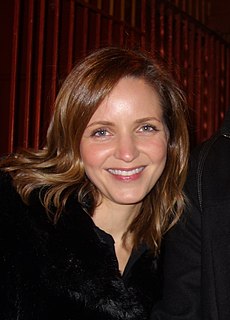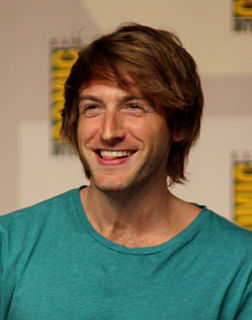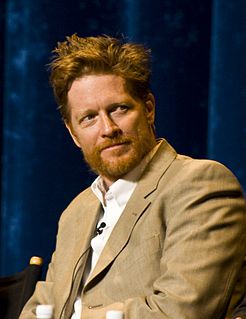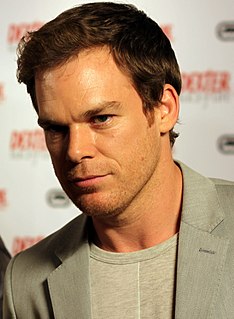A Quote by Antoine Fuqua
I'd like to think that the door is always open for just the best actor for the role, you know? Race or gender shouldn't have anything to do with it, unless the character or story is focused on that for some particular reason.
Related Quotes
I don't see myself as one type of actor. When you get one role, you start to get cast in that role for awhile because that's what people have seen you do, and have hopefully seen you do it successfully. And so, it becomes an easier thing to see you as, for casting directors and directors, and they start to think of you as that particular person or type of character. But, for me, I'm just an actor, first and foremost. The actors I respect are the real character actors, who are the real chameleon actors that completely change from role to role.
[And on going from character to leading actor] I don't approach anything differently; I just approach it as a character. I'm always astounded at the fact that I've ever played a leading character in anything [Laughs]. And my wife concurs with that, frankly. She always thought I would be, at best, the wacky neighbor on a sitcom, so this is all just a surprise and a joy.
But I've always felt that the less you know about an actor's personal life, the more you can get involved in the story in which he's playing a character. And I don't like to see movies where you know about everything that happens behind the scenes. I can't engage in the story if I know what's going on in the actor's head.
I think that it is too common for white feminists to say, 'We want some diversity. Come join our movement about gender, but we want you to check the class and race at the door.' And you can't undo that braid of race, class, and gender: all three intersect with each other, so it's important for more education to be done about that.
If you're a certain type of actor, then eventually stepping into a director's shoes is a natural transition. I've always been the actor who's very focused on the narrative, where my character is in the story, and how I can benefit the story. I've always had a technical aspect of what the lens is, how the camera is going to move, how I can feed the information the director applies within that move. If you're that type of actor, narrative-based, technically proficient, the next step is actually not that far.
There should always be that leeway because if you think of your character as sort of absolutely fixed, then you just try and find actors to come and do exactly that thing, then you're not gonna be working with that actor's own set of internal impulses and who they are, so the best work is always a coming together of the actor and the character.
We just, you know, we're just sort of doing it like Bewitched, because we just think that the character of Kenny is so specific and so outrageous and so fun. And by far the hardest character to cast out of everybody to find someone who was capable of, you know, doing, you know, the comedy and just with the broadness and to be also just a really brilliant actor, you know, to do naturalism.






































